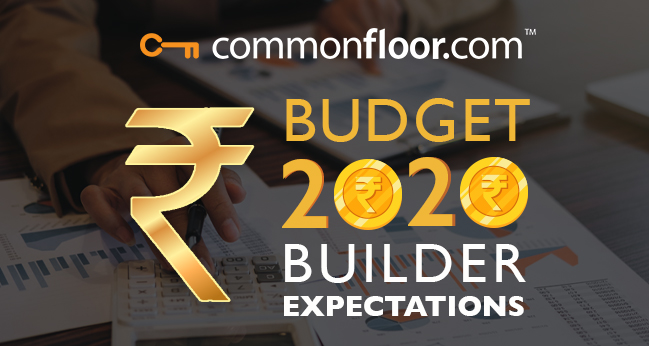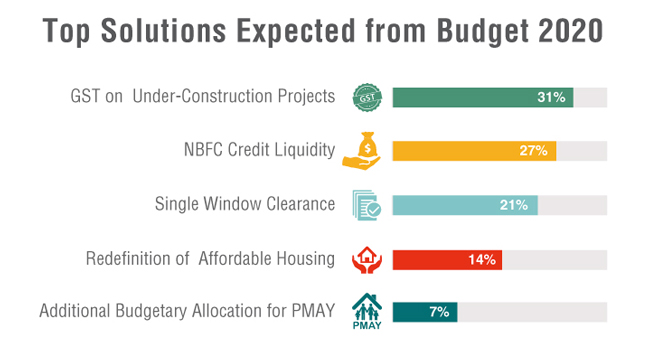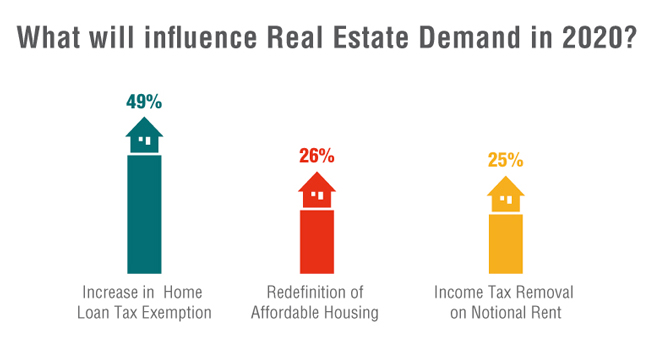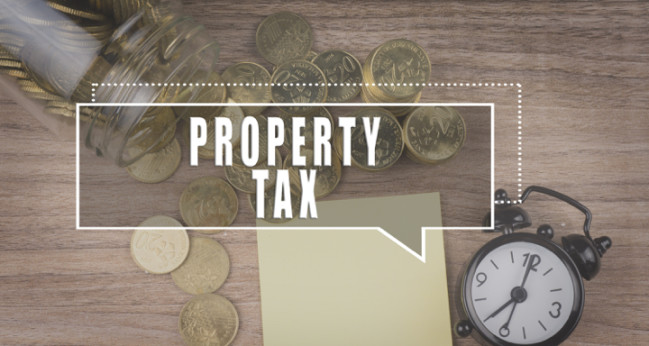I Earn ₹50,000 pm, Should I Buy A Budget Home Now?
If you’re like most people, investing in a house is undeniably a dream. It is thus no doubt that owning a home from your hard-earned money is the most extraordinary asset that you can have. However, investing in a house is time-consuming and money consuming. Thus, buying a budget home can unquestionably do you good. Nonetheless, the most fundamental component of purchasing a budget home is to do extensive and in-depth research. Before you impulsively plan to sign on the house agreement documents, understanding your budget is quite indispensable. Buying a home based on your monthly salary, i.e., Rs.50,000 unquestionably depends on your overall fiscal health. The following are some tips that can help you understand if buying a house with your salary is the right decision for you.
-
Analyze the house-hold income after eliminating the tax
In India, tax undeniably takes away a fair amount of money from our income. Thus, ensure analyzing your overall income after eliminating the tax to get a vague idea of the amount you can invest for the house. There are several calculating apps online for understanding how much money you will be left with after paying the appropriate tax.
-
Analyze your monthly expenses.
Household, Personal loans, and bills are a few of the most vital aspects of your living. It is best advised to take out time to jot down your monthly expenses such as insurance, bills, utilities, etc. Moreover, if you’re a family man, there are several other necessities and expenses, such as tuition fees of your children and groceries for cooking. Therefore, eliminating these expenses will help you analyze your expendable income. Making use of financial tracking apps can give you the maximal benefit of making a reliable and money-conserving investment.
-
Understand your budget
Purchasing a house under your budget of Rs 50,000 pm is possible, provided, you understand all your expenses and necessities. Make the required adjustments and cut down your unnecessary expenses so that you can increase your savings. Thus, this way, you’ll be making an economically wise decision.
-
Analyze your debts
It is best advised to either pay off your entire debts from earlier or to minimize them to a potential extent. According to experts, getting approved for a home loan and handling your mortgage payments becomes much easier if you pay off your debts. What’s more beneficial, you ask? Well, the most appealing element about paying off your debts is that it can enhance your credit score. The credit score is unquestionably one of the determining factors of purchasing a house. Therefore, minimize your debts and other expenses to have the best chance of getting a personal loan.
-
Do not be impulsive
We all know how exciting and overwhelming it is to buy a house. However, it is not the right step to impulsively buy a house without doing the necessary research. It is best advised to save up some money so that your deposit can be paid conveniently. Although, a deposit might seem like a hefty amount of cash, saving up and planning your income usage strategically will help enhance your chances of getting a home loan, and paying the deposit.
-
Have a realistic plan
There is no doubt that a fancy, large, and comfortable house can have your attention in minutes. However, this does not mean that you can impulsively choose a home that will take away years and years of your life to pay back the debts. Thus, ensure choosing an affordable home. Analyze additional expenses such as the maintenance cost, homeowner association fees, tax, etc. Moreover, it is best advised to consult banks to understand if you’re eligible for a loan.
-
Have options
Most of us make the mistake of investing in the very first home that we see. How is this disadvantageous, you ask? Well, having options will give you the benefit of analyzing if you’ll be making a wise investment. Checking similar houses can help you potentially bargain your way of making a smart and reasonable investment for yourself. Therefore, take out some time to properly analyze and search for houses.
-
Make use of a home inspector
Hiring a home inspector is the most primary yet imperative element of understanding any potential threats that you might need to deal with in the future. Thus, make sure to hire a reliable home inspector to detect any potential damage and other issues that this house might cost you.
To sum up,
The journey of buying a house is unquestionably exciting and infuriating. Nonetheless, don’t rush into making such a big decision. Take your time to analyze your financial health and choose a home accordingly. CommonFloor is a leading online portal offering groundbreaking services in the real estate industry for simplifying your property decisions. They are a distinctive company offering a multitude of remarkable services for sellers, real estate professionals, and home seekers.








